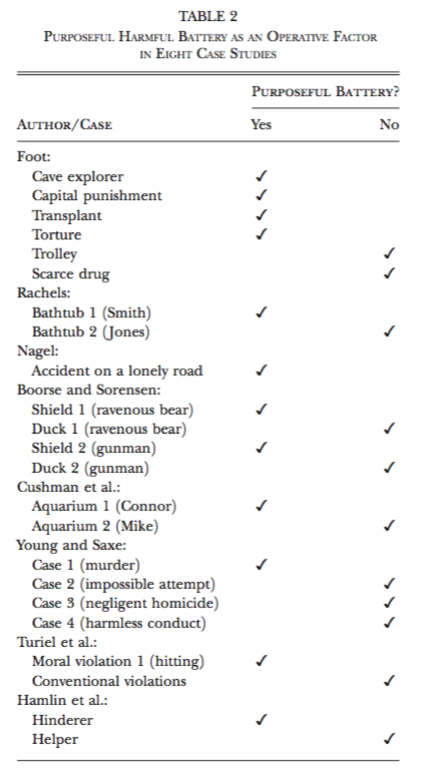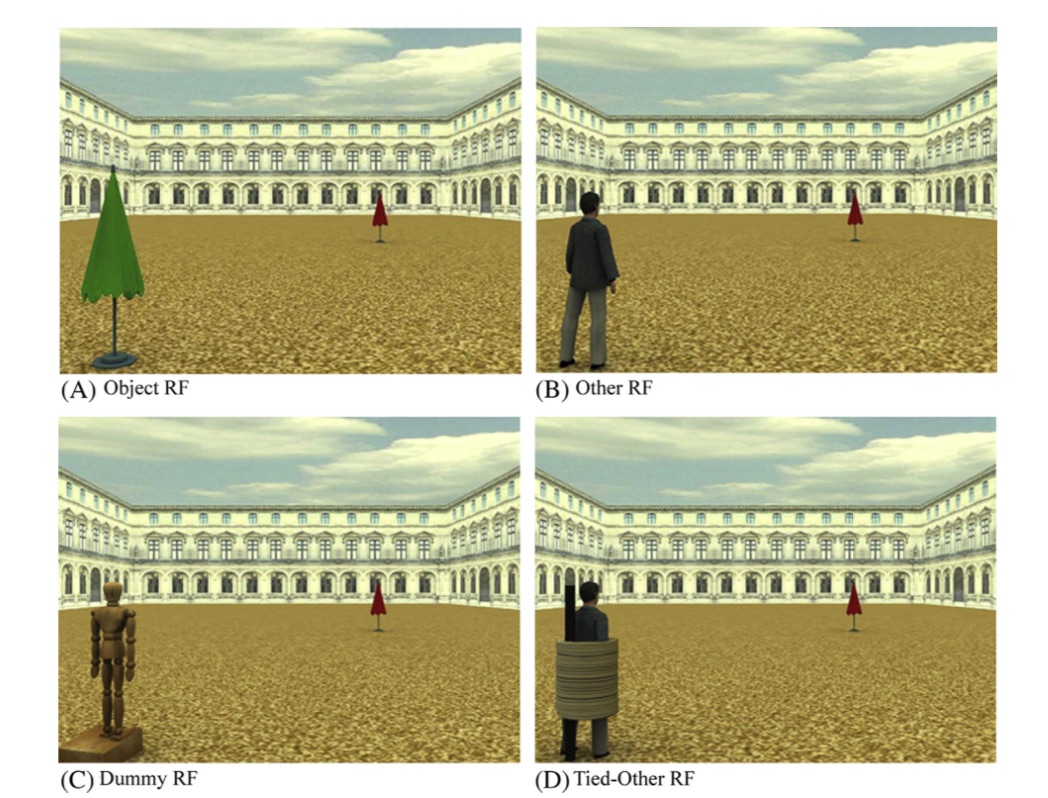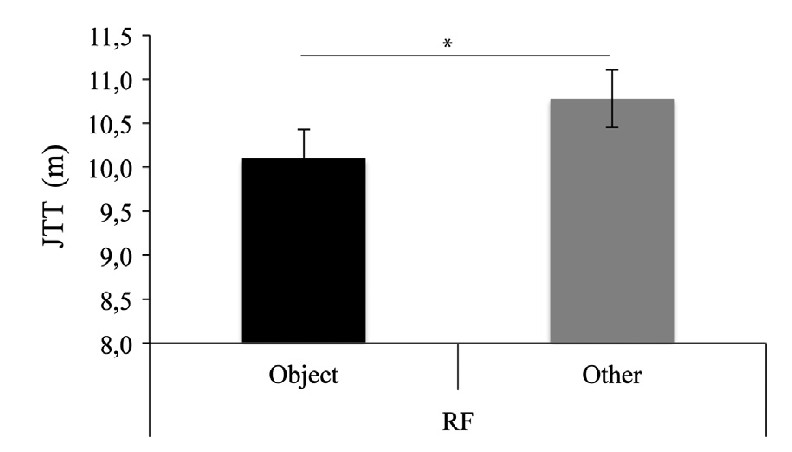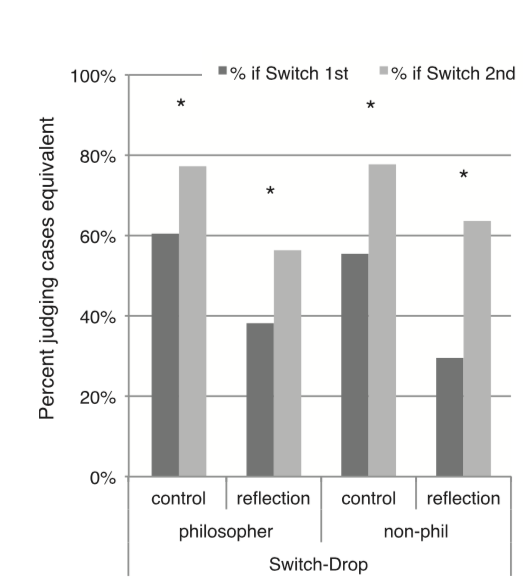Click here and press the right key for the next slide.
(This may not work on mobile or ipad. You can try using chrome or firefox, but even that may fail. Sorry.)
also ...
Press the left key to go backwards (or swipe right)
Press n to toggle whether notes are shown (or add '?notes' to the url before the #)
Press m or double tap to slide thumbnails (menu)
Press ? at any time to show the keyboard shortcuts
Framing Effects and Mikhail’s Linguistic Analogy
framing effects are a problem for Mikhail’s argument

Mikhail, 2014 table 2
Do humans have a language ethics module?
1. ‘adequately specifying the kinds of harm that humans intuitively grasp requires a technical legal vocabulary’
Therefore:
2. The abilities underpinning unreflective ethical judgements must involve analysis in accordance with rules.
Mikhail, 2007
framing effects are a problem for Mikhail’s argument


Fini, Brass, & Committeri (2015, p. figure 1, part)
framing effects are a problem for Mikhail’s argument

Schwitzgebel & Cushman, 2015 figure 2 (part)
order-of-presentation effects (Schwitzgebel & Cushman, 2015)
additional irrelevant options (Wiegmann, Horvath, & Meyer, 2020)
‘Asian disease’ (Prospect) framing (Wiegmann & Horvath, 2020)
ethical
judgements
spatial
judgements
financial
judgements
...
In certain cases
‘there is no
underlying preference that is masked or distorted by the frame. Our
preferences are about framed problems, and our moral intuitions are about
descriptions, not about substance’
(Kahneman, 2013)
‘Our moral judgments are apparently sensitive to idiosyncratic factors, which cannot plausibly appear as the basis of an interpersonal normative standard. [...] we are not in a position to introspectively isolate and abstract away from these factors.’
(Rini, 2013, p. 265)
‘expert ethicists have a genuine advantage over laypeople with respect to some well-known biases’
(Wiegmann & Horvath, 2020)
Wiegmann & Waldmann (2014) offer evidence that order-of-presentation effects are a consequence of one scenario selectively highlighting an aspect of the causal structure of another scenario.

Mikhail (2014, p. table 2)
framing effects are a problem for Mikhail’s argument